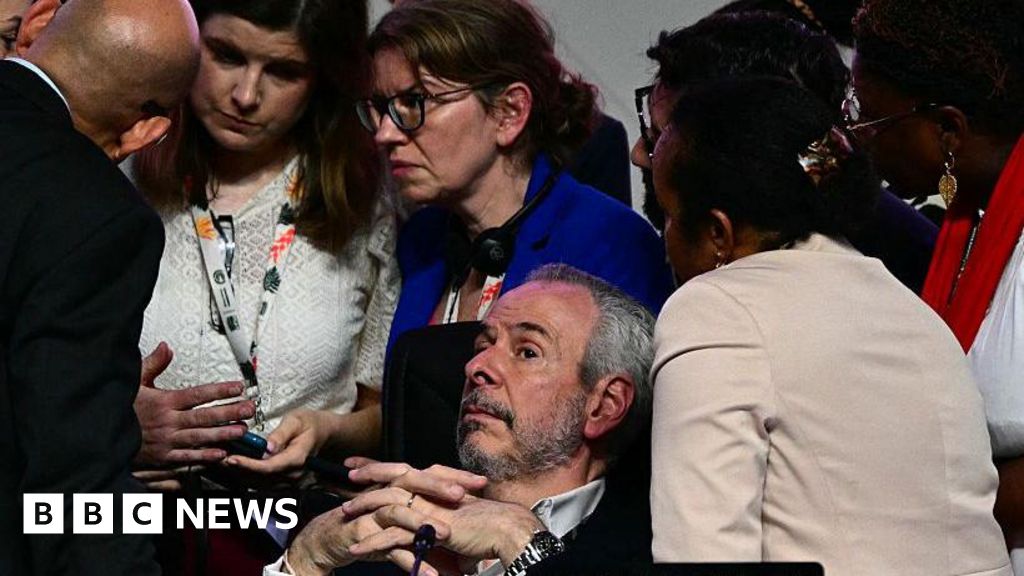COP30 – Five key takeaways from a deeply divisive climate summit
COP30 – Five key takeaways from a deeply divisive climate summit

What did we learn from a climate summit that ended in a deal with no new mention of fossil fuels?
Read the full article on BBC World
Truth Analysis
Analysis Summary:
The article's accuracy is mixed. While it correctly identifies COP30 as a potentially divisive climate summit, the claim about 'no new mention of fossil fuels' in the deal requires further scrutiny and context. The article exhibits moderate bias through its framing of the summit as 'deeply divisive' and focusing on the lack of fossil fuel commitments.
Detailed Analysis:
- Claim: COP30 is a climate summit.
- Verification Source #1: States that 'The next climate summit, COP30, will take place in the rainforest...'
- Verification Source #5: Refers to 'annual UN climate summits like COP30 in Brazil'
- Assessment: Supported
- Claim: COP30 ended in a deal with no new mention of fossil fuels.
- Verification Source #3: Indicates countries were far apart and unable to reach a compromise, suggesting difficulty in reaching a deal on fossil fuels.
- Assessment: Potentially accurate but requires more context. Source 3 implies difficulty in reaching a compromise, which could relate to fossil fuels, but doesn't explicitly confirm the 'no new mention' claim. Unverified.
- Claim: COP30 is deeply divisive.
- Verification Source #5: Mentions a 'key issue under the GGA which proved deeply divisive at' climate talks, suggesting divisiveness is a common element of these summits.
- Assessment: Supported, although the degree of divisiveness specific to COP30 is not explicitly confirmed.
Supporting Evidence/Contradictions:
- Source 1 confirms COP30 will take place.
- Source 3 suggests difficulty in reaching a compromise at COP30.
- Source 5 indicates that key issues at climate talks can be deeply divisive.
